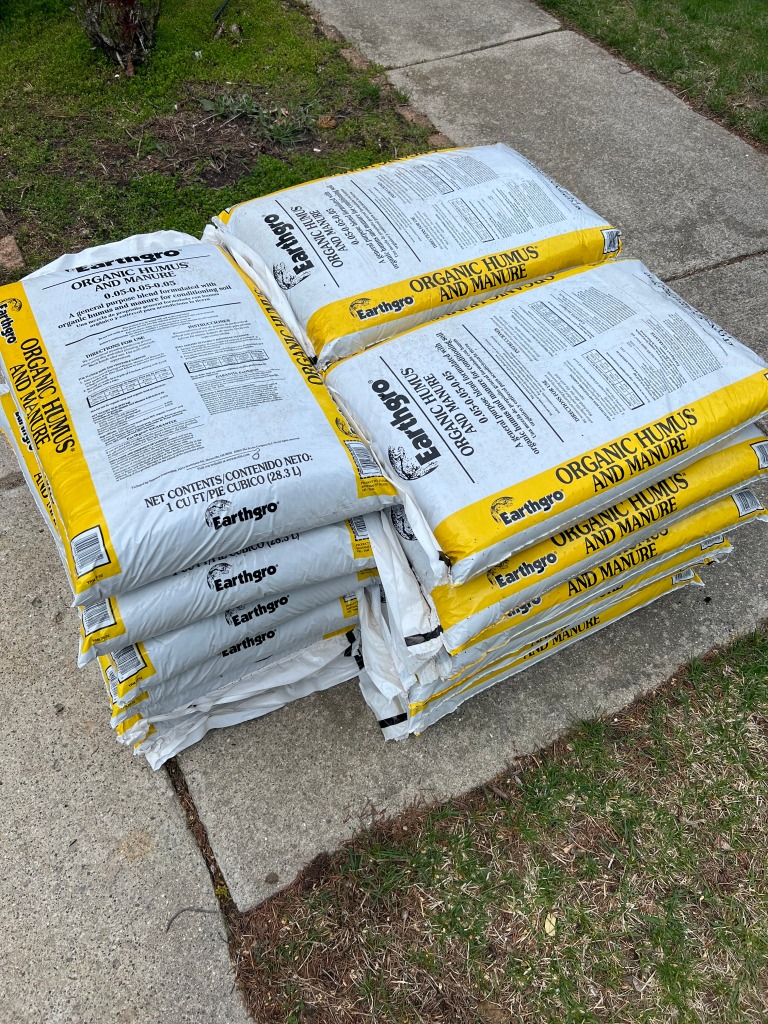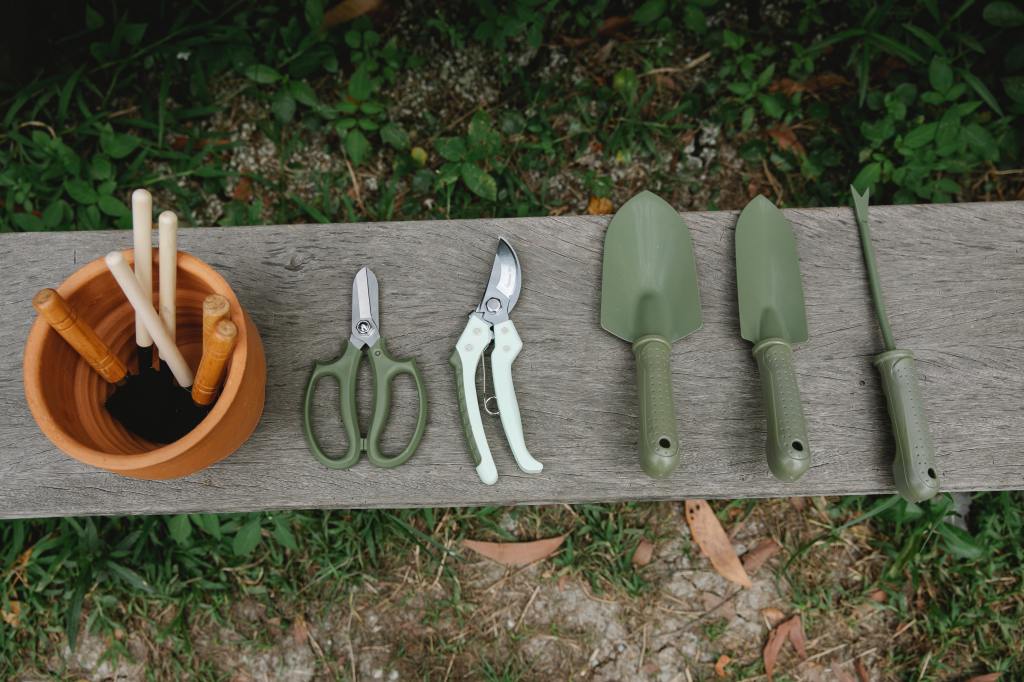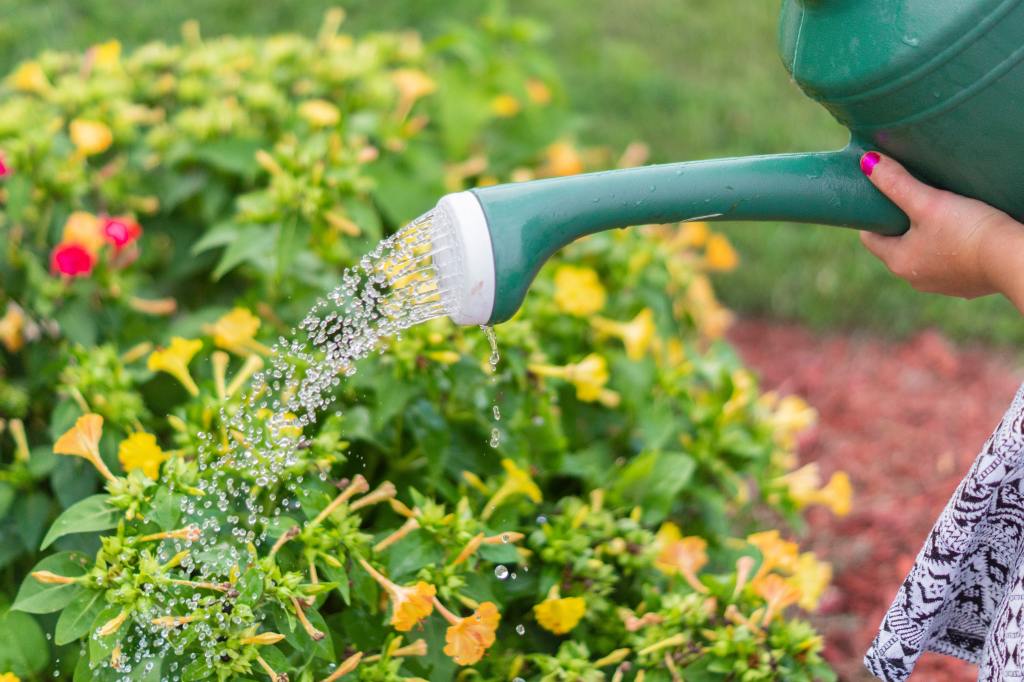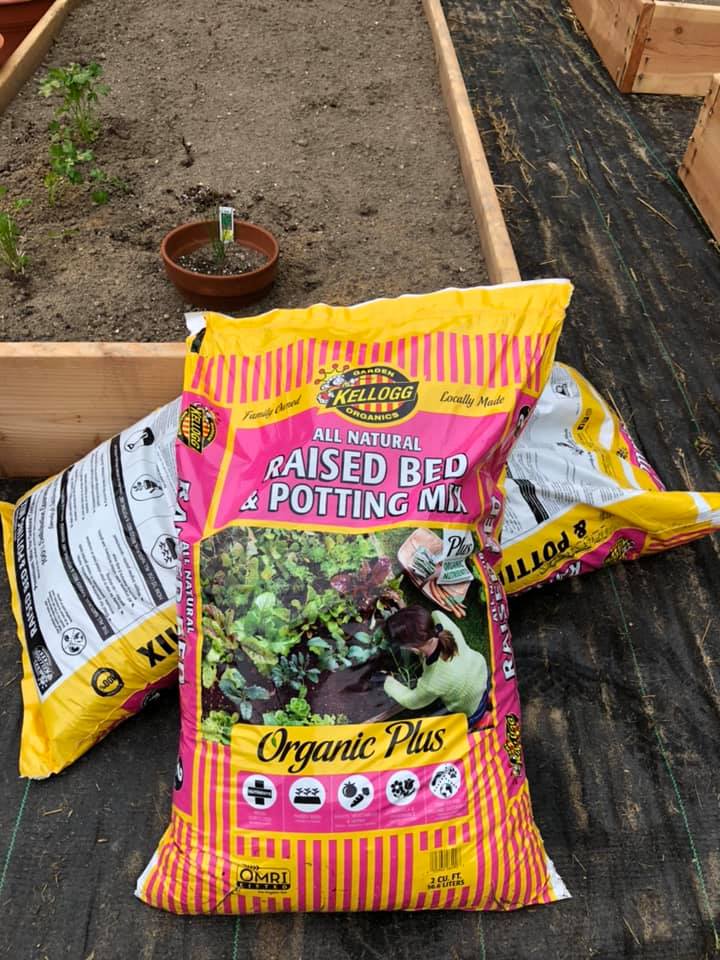
What is organic gardening?
With gardening season quickly approaching, I wanted to continue with this months theme on organic gardening. We’ve already discussed the importance of micronutrients in soil and how it assists in plant growth & development. We’ve also looked at the benefits of living soil and how to create it.
Today I want to dive into what organic gardening really is. To me, it’s a life style. A way to embrace growing my own food. I believe there are some misconceptions on this topic, so I want to open the door to discussion with this post as well. Let me know in the comments below if you garden organically or not, and why. I don’t want to ever make anyone feel ashamed if they don’t. My personal philosophy is simple: I would rather you garden then not garden at all. Let’s learn from each other!
Organic gardening is a method of growing plants without the use of synthetic fertilizers, pesticides, or genetically modified organisms (GMOs). Instead, it relies on natural techniques and materials to maintain the health and fertility of the soil. Organic gardening emphasizes the importance of working with nature to create a sustainable and harmonious ecosystem in your garden.
One of the key principles of organic gardening is soil health. Organic gardeners focus on building and maintaining healthy soil by adding organic matter, such as compost and mulch, to improve its structure and fertility. By nurturing the soil, organic gardeners ensure that their plants have access to the nutrients they need to thrive.

Another core aspect of organic gardening is the avoidance of synthetic chemicals. Instead of relying on chemical fertilizers and pesticides, organic gardeners use natural alternatives to control pests and diseases and promote plant growth. This approach not only reduces the risk of harmful chemicals entering the food chain but also helps to protect beneficial insects and other wildlife.
Benefits of organic gardening
There are numerous benefits to adopting organic gardening practices. One of the most compelling reasons is the potential to grow healthier and more nutritious food. Organic produce is often richer in essential nutrients, such as vitamins and minerals, compared to conventionally grown counterparts. Furthermore, organic gardening allows you to have full control over what goes into the food you eat, ensuring that you and your family are consuming wholesome, chemical-free produce.

Join the list
Join hundreds of our subscribers and be the first to know about new content and special offers.
In addition to the health benefits, organic gardening also supports biodiversity and helps to preserve the environment. By avoiding the use of synthetic chemicals, organic gardeners create a safe haven for beneficial insects, birds, and other wildlife. This, in turn, helps to maintain a balanced ecosystem and promotes natural pest control. Organic gardening also reduces soil erosion and water pollution, as organic practices encourage the retention of water and the prevention of runoff.

Another advantage of organic gardening is the potential cost savings. While the initial investment in organic fertilizers and pest control methods may be higher, organic gardeners can save money in the long run. By creating healthy soil and promoting natural pest control, organic gardeners reduce the need for expensive synthetic inputs. Additionally, organic gardening often encourages the use of compost and other recycled materials, which further reduces costs.
Organic gardening statistics
The popularity of organic gardening has been steadily growing in recent years. According to a survey conducted by the National Gardening Association, approximately 8 out of 10 gardeners in the United States have either tried or are interested in organic gardening methods. This indicates a significant shift towards more sustainable and environmentally friendly gardening practices.
Furthermore, the organic food market has also experienced substantial growth. In 2019, the global organic food and beverage market was valued at $95.2 billion and is projected to reach $135.3 billion by 2025. This upward trend highlights the increasing consumer demand for organic products and the growing recognition of the health and environmental benefits associated with organic farming and gardening.
The environmental impact of organic gardening
Organic gardening has a positive impact on the environment in various ways. Firstly, organic practices promote soil health and fertility. By adding organic matter to the soil, such as compost and cover crops, organic gardeners improve its structure and water-holding capacity. This helps to reduce soil erosion and runoff, preventing the contamination of water bodies with harmful chemicals.
Secondly, organic gardening promotes biodiversity. By avoiding the use of synthetic pesticides and herbicides, organic gardeners create a safe habitat for beneficial insects, birds, and other wildlife. These creatures play a crucial role in maintaining a balanced ecosystem and naturally controlling pests. By supporting biodiversity, organic gardening contributes to the overall health and resilience of our environment.

Lastly, organic gardening reduces the carbon footprint associated with conventional agriculture. Organic practices encourage the use of renewable resources and minimize the reliance on fossil fuels. By avoiding synthetic fertilizers and pesticides, organic gardeners decrease the amount of energy required for production and transportation. This, in turn, helps to mitigate climate change and reduce greenhouse gas emissions.
Health benefits of organic gardening
Organic gardening offers numerous health benefits, both for the individuals practicing it and for the wider community. One of the primary advantages is the reduced exposure to harmful chemicals. By avoiding synthetic pesticides and fertilizers, organic gardeners minimize the risk of ingesting toxic residues that can be present on conventionally grown produce. This is particularly important for children, pregnant women, and individuals with compromised immune systems.
Furthermore, organic gardening promotes a healthier diet. Organic produce is often richer in essential nutrients, such as vitamins and minerals, compared to conventionally grown counterparts. Studies have shown that organic fruits and vegetables contain higher levels of vitamin C, iron, magnesium, and other beneficial compounds. By growing your own organic food, you can ensure that you and your family are consuming the most nutritious and chemical-free produce possible.

Additionally, organic gardening offers the opportunity for physical activity and stress reduction. Tending to a garden, whether it’s a small vegetable patch or a larger plot, involves regular physical activity, such as digging, planting, and weeding. Engaging in these activities not only provides exercise but also promotes relaxation and mental well-being. Being in nature and connecting with the earth has been shown to reduce stress levels and improve overall mood.
Organic gardening practices for beginners
If you’re new to organic gardening, getting started can seem daunting. However, with a few basic practices, you can embark on your organic gardening journey with confidence. Firstly, focus on building healthy soil. Add organic matter, such as compost, to improve soil structure and fertility. Consider using cover crops to protect the soil from erosion and add nutrients.
Secondly, choose organic seeds and plants. Look for varieties that are specifically bred for organic gardening and are resistant to common pests and diseases. This will reduce the need for chemical interventions later on. Additionally, practice crop rotation to prevent the buildup of pests and diseases in the soil.

Thirdly, embrace natural pest control methods. Use companion planting to attract beneficial insects that prey on garden pests. Introduce predator insects, such as ladybugs and lacewings, to keep pest populations in check. Consider using physical barriers, like row covers and netting, to protect your plants from pests.
Lastly, conserve water and promote water efficiency. Mulch your garden beds to retain moisture and prevent weed growth. Water deeply and infrequently, rather than surface watering, to encourage deep root growth. Consider installing a rainwater harvesting system to collect and reuse rainwater for irrigation purposes.
Organic pest control methods
Organic gardening relies on natural pest control methods to manage insect pests, diseases, and weeds. By avoiding the use of synthetic pesticides and herbicides, organic gardeners can protect beneficial insects and maintain a healthy ecosystem. Here are some effective organic pest control methods that you can implement in your garden.
One of the most popular organic pest control methods is companion planting. Certain plants, when grown together, can repel or deter pests. For example, marigolds are known to repel nematodes, while basil can deter aphids. By strategically planting these companion plants among your vegetable crops, you can reduce pest pressure naturally.

Another organic pest control technique is the use of beneficial insects. Ladybugs, lacewings, and parasitic wasps are examples of beneficial insects that prey on common garden pests. You can attract these beneficial insects to your garden by planting flowers that provide nectar and pollen, such as daisies and yarrow. Additionally, you can purchase and release beneficial insects to help control pest populations.
Physical barriers can also be effective in organic pest control. Row covers, netting, and screens can be used to physically exclude pests from reaching your plants. This method is particularly useful for protecting young seedlings or susceptible crops from insect damage.
Lastly, practicing good garden hygiene and sanitation is essential for preventing the spread of diseases. Remove and destroy any infected plant material to minimize the risk of disease transmission. Clean your gardening tools regularly to prevent the transfer of pathogens from one plant to another.
Organic fertilizer options
Organic gardening relies on natural sources of nutrients to nourish plants. Here are some organic fertilizer options that can help you maintain healthy soil and promote plant growth.
Compost is one of the most valuable organic fertilizers. It is made from decomposed organic matter, such as kitchen scraps, yard waste, and livestock manure. Compost enriches the soil with essential nutrients, improves soil structure, and enhances water-holding capacity. You can create your own compost pile or purchase compost from a local supplier.
Another organic fertilizer option is animal manure. Cow, horse, chicken, and rabbit manure are commonly used in organic gardening. However, it’s important to compost or age the manure before applying it to your garden to avoid burning or damaging your plants.
Cover crops also serve as natural fertilizers. They are grown specifically to improve soil fertility and structure. Legume cover crops, such as clover and vetch, fix nitrogen from the atmosphere and make it available to other plants. When the cover crop is turned into the soil, it releases nutrients and organic matter, enriching the soil for future plantings.
Lastly, organic liquid fertilizers, such as fish emulsion and seaweed extract, can be used to provide a quick boost of nutrients to your plants. These fertilizers are derived from natural sources and are rich in essential plant nutrients.
Organic gardening tools and equipment
When practicing organic gardening, it’s important to choose tools and equipment that align with the principles of sustainability and environmental stewardship. Here are some essential organic gardening tools and equipment for your garden.

Hand tools: Invest in high-quality hand tools, such as a garden fork, trowel, and hand cultivator. These tools are essential for planting, weeding, and maintaining your garden beds. Look for tools with wooden or bamboo handles and stainless steel heads for durability.
Mulching materials: Mulching is an important practice in organic gardening. Organic mulching materials, such as straw, leaves, and grass clippings, help to conserve moisture, suppress weeds, and enrich the soil. Keep a good supply of mulching materials on hand for your garden.
Compost bin: If you’re planning to make your own compost, a compost bin is a must-have. Choose a bin that is large enough to accommodate your composting needs and has good ventilation. Look for bins made from recycled materials for an eco-friendly option.
Watering cans or rain barrels: Conserving water is crucial in organic gardening. Invest in watering cans or set up rain barrels to collect and store rainwater for irrigation purposes. This helps to reduce water consumption and reliance on municipal water sources.

Garden gloves: Protect your hands and minimize contact with potentially harmful substances by wearing gardening gloves. Look for gloves made from natural materials, such as cotton or bamboo, for a sustainable option.
Conclusion
Organic gardening offers a multitude of benefits, from growing healthier and more nutritious food to preserving the environment and supporting biodiversity. By adopting organic gardening practices, you can create a sustainable and harmonious garden that nourishes both your body and the planet. Whether you’re a beginner or an experienced gardener, organic gardening is a rewarding and fulfilling journey that allows you to connect with nature and cultivate a greener future.
CTA: Start your organic gardening journey today and experience the joy of growing your own chemical-free, nutritious food. Embrace sustainable practices, support biodiversity, and contribute to a healthier planet. From seed to soil, let organic gardening be your path to a greener future.
If you enjoyed this blog , please LIKE, Follow, Share & leave me a comment! I love your feedback!
If you aren’t following me on Facebook & Instagram, go on over & give a LIKE & Follow me for daily tips & tricks for your home & garden!
Remember to eat fresh, shop local, & have a happy day,
Jean
Copyright Policy
All text and images on this site are copyright of For Dragonflies And Me. Unless otherwise noted, you may not use this content
This post may contain affiliate links. If you choose to purchase through an affiliate link, I may receive a small commission at no additional cost to you. You can see my full disclaimer here.


